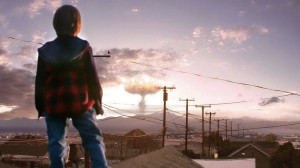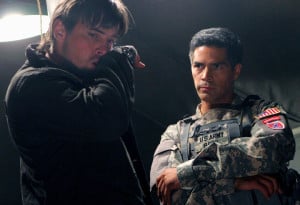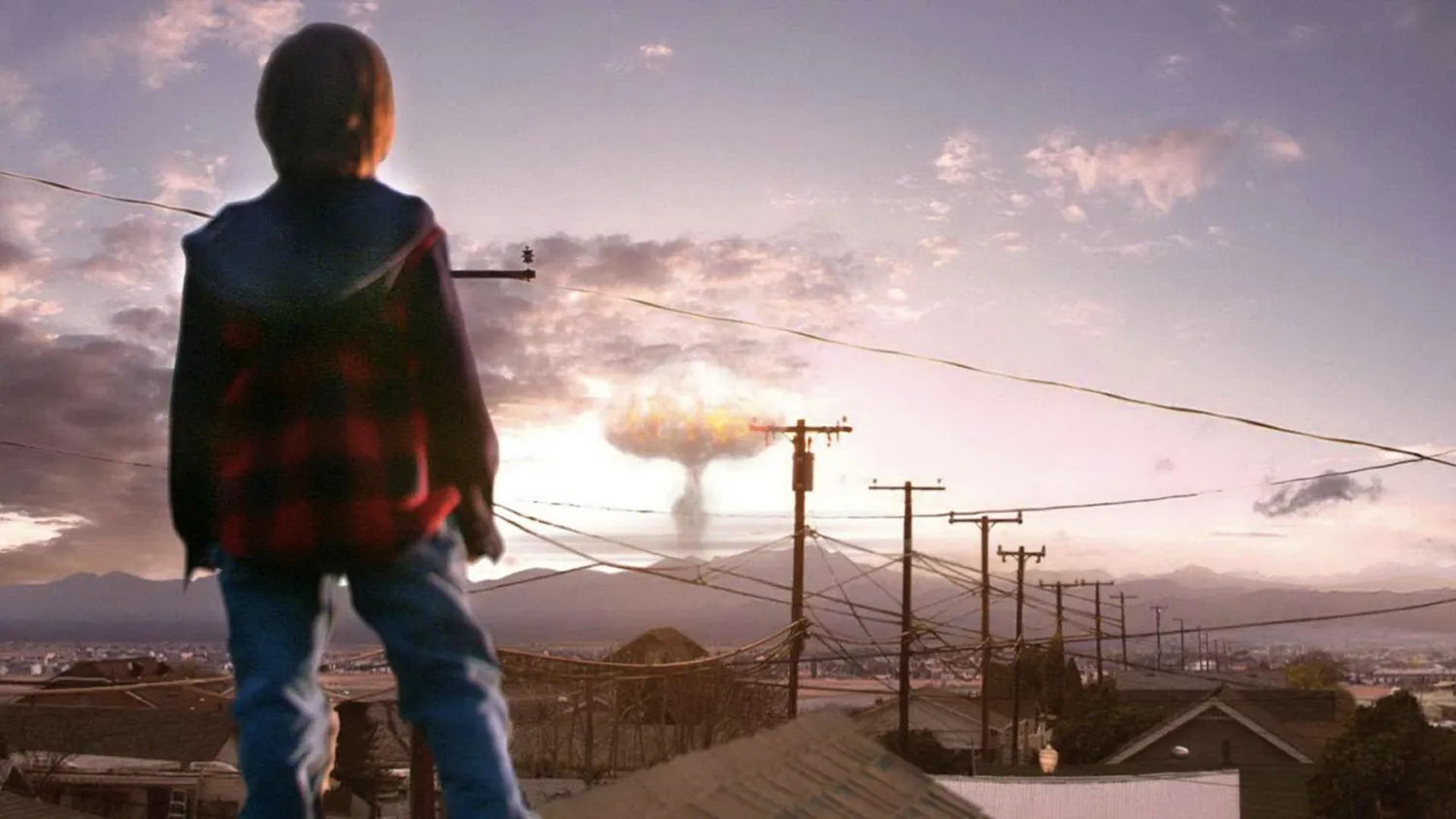
There’s not a lot of summer TV that I keep up with regularly, so the break is a good chance to catch up on my backlog. Despite the amount of TV I watch, there are always many very popular, critically-acclaimed shows that manage to slip through the cracks, including “The Wire,” “Game of Thrones” and “Breaking Bad.” What caught my attention first this summer, however, was “Jericho,” a show from 2006 whose fan base did what few manage to do–get the show renewed after it was already canceled (albeit only for a very abbreviated second and final season).
Set in the fictional town of Jericho, Kan., the show takes place shortly after a series of nuclear explosions devastate the country. Isolated from most of civilization, the people of Jericho deal with the fallout (both literal and metaphorical) of the bombs, as one disaster after another threatens their lives. At the center of the series is the Green family, made up of Johnston, the father and mayor of the town; his wife, Gail; and their two sons, Eric and Jake, the latter of whom left Jericho years ago under tense circumstances but manages to take charge when the bombs strand him back home. They’re surrounded by a fairly believable cast of characters who either join them in taking charge or let their panic and worry take over their lives.
At the risk of hyperbole, I honestly think the first few episodes are just short of flawless. There’s an interesting tension at work here between the characters’ relationships and more immediate catastrophes, and the writers walk this balance with finesse rarely seen in TV writing. In some respects, it reminds me a lot of early “Lost” episodes (the only “Lost” I’ve seen)–the pressing need to survive pushes the characters forward but weaves in and out seamlessly with inter- and intrapersonal conflicts, each serving as a backdrop to the other. When handled well, it’s a compelling combination–and it’s certainly handled well here.

Unfortunately, as some of the more pressing ramifications of the bombs begin to settle down, that careful balance goes a little off-kilter. People begin to adapt to their new lifestyle, and their focus naturally shifts to the mystery behind the attacks themselves; however, that mystery is handled fairly clumsily. Suddenly, subtle character moments are overacted, and the drama is overwrought. The writers ramp up tension in tensionless scenes, and some revelations feel empty since we know little about the minor characters they revolve around. It’s as though the writers felt they couldn’t tell a compelling story without a catastrophe each week, so they attempted to manufacture artificial ones to fill the gaps.
There’s still a lot I respect about the way “Jericho” handles its characters. It relies on a lot of common tropes, but it goes out of its way to avoid some that would be too easy to fall into, like a could-be love triangle involving Jake, the main character, that’s discounted fairly quickly and believably. I just wish that the strong characterizations hinted at in those first few episodes were more consistent.
I’m still engrossed in the story, but I’m beginning to see those same issues that initially put me off of “Lost”–the plot moving forward at the expense of characterization and tension being artificially ramped up in an attempt to keep you glued to the TV. Grand mysteries tend to take over their shows in this manner, and I hope that as I continue to watch, the show manages to get back on track.
